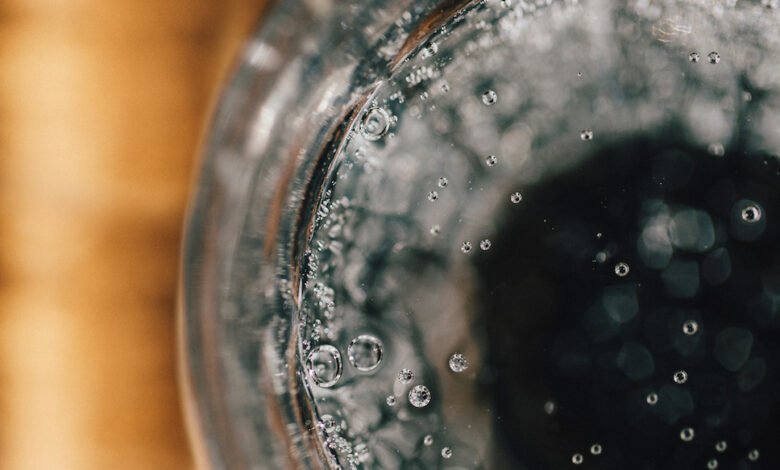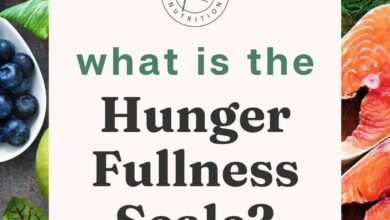All About Xenobiotics | HUM Nutrition Blog

There is an increasing worry about the short- and long-term effects that synthetic chemicals, known as xenobiotics, are having on our health. Sadly, xenobiotics are present in the air that we breathe, to the water that we drink, and the food that we eat. Nevertheless, mitigating their harmful effects isn’t an impossible task.
In this post, we will help you understand xenobiotics, their impact on health, and actionable ways to mitigate their effects on your health.
Understanding Xenobiotics
Xenobiotics are chemicals that are foreign to natural ecosystems. In other words, they are not naturally occurring. Although they are external substances, xenobiotics can easily infiltrate the body. In fact, researchers estimate that individuals are exposed to 1 to 3 million xenobiotics over the course of a lifetime.
Usually, common everyday activities cause exposure to xenobiotics. For instance:
- Breathing in polluted air
- Drinking poor quality water
- Drug administration (particularly residues from prescription and recreational drugs)
- Eating ultra-processed food or food treated with pesticides
- Exposure to chemicals (like dyes, pesticides and strong household cleaning products)
While not all xenobiotics are harmful, many are considered to be toxic and in some cases, carcinogenic. As a result, they can have detrimental health effects.
The Impact of Xenobiotics on Health
To understand the effects of xenobiotics, it is important to first relate the hold that the gut microbiome has on the rest of the human body.
The gut microbiome is an ecosystem of microbiota (i.e bacteria and other organisms) that reside within the digestive tract. The gut microbiome plays a role in many important body functions ranging from digestion, to hormone production, weight management, and immune system regulation. In order to optimally carry out these functions, the gut microbiome prefers to be in a state of balance.
Unfortunately, xenobiotics have the potential to disrupt the gut microbiome by altering the composition of bacterial communities within the gut. These disruptions can lead to imbalances in the gut, a condition known as dysbiosis. Gut dysbiosis is associated with poor health outcomes like long-term systemic diseases, including intestinal and hormonal conditions.
The good news is that a healthy gut microbiome has the ability to protect against xenobiotics. Specifically, gut microbes can break down xenobiotic substances and transform them into less toxic forms. In turn, this helps lessen their impact on gut microbiome balance and your overall health.
However, it is important to keep in mind that an unhealthy gut may be less effective in protecting against toxic substances. Additionally, high exposure to xenobiotics can increase negative effects on health.
Mitigating Xenobiotic Exposure
Organizations like the Environmental Protection Agency (EPA) and the European Environment Agency (EEA) have identified xenobiotics as a global concern. They are working to improve public health outcomes by conducting research and implementing policies that can help minimize the presence and effects of xenobiotics.
However, urbanization and industrial processes like poor waste management, agriculture, and fossil fuels make it nearly impossible to avoid exposure to xenobiotics. Interestingly, exposure to high levels of xenobiotics is uncommon. But even prolonged exposure of small amounts can have negative health effects.
To encourage the minimization of xenobiotic exposure, we highly recommend taking active steps.
Dietary and Lifestyle Tips
Diet and lifestyle changes are an effective way to help control your exposure to xenobiotics. Here are a few actionable tips on how to mitigate xenobiotic exposure:

- Add antioxidants: Antioxidants can help shield cells against oxidative stress caused by xenobiotics. Antioxidants are widely available in fruits and vegetables.
- Avoid ultra-processed foods: Food processing commonly forms xenobiotics. Try adding more whole foods to your menu instead.
- Drink filtered water: Xenobiotics, plastics, and other waste can easily contaminate water. Water filters like faucet-mounted point of use (POUs) are effective in lowering the concentration of contaminants, including lead.
- Eat organic: Foods treated with pesticides and other chemicals contain xenobiotics. Choose organic foods, when possible.
- Try plant-based meals: High-heat cooking of meat and fish can form xenobiotics. Try substituting one meal a day for a plant-based dish.
- Use ‘Green’ Household Cleaning Products: Green household cleaning products can help lower exposure to xenobiotics, such as those that function as carcinogens and endocrine (hormonal) disruptors.
- Use non-toxic food storage containers: Plastics containing BPA, BPS, and BPF are toxic and can negatively influence the body’s reproductive system. Instead, opt for ceramic, glass, stainless steel, or silicone containers.
Supporting the Body’s Detoxification Systems
The body is constantly working to rid itself of foreign substances. Naturally, supporting your body’s detox systems will be one of the best ways to mitigate the effects of xenobiotics.
Certain dietary ingredients can help with this process.
For instance, clinical studies show that green algae like chlorella and spirulina (found in HUM’s Daily Cleanse) can enhance the body’s ability to break down and remove xenobiotics like heavy metals.
Another detox-agent is chlorophyll, the pigment that gives plants their green color. Chlorophyll (found in HUM’s Celery Juice Fiber Gummies) has the ability to create enzymes that aid the liver in transforming substances into less harmful forms.
Moreover, both green algae and chlorophyll function as antioxidants in the body meaning they can help offset oxidative stress caused by xenobiotic exposure.
Maintaining a healthy gut microbiome
As mentioned, the gut helps protect against the negative health effects that xenobiotics can cause. Incorporating pre and probiotics into your diet and supplement routine is a strong first step in supporting optimal gut health.
Probiotics are good bacteria that occupy the gut microbiome. Foods like yogurt, kimchi, and sauerkraut are great sources of probiotics. Supplements can also help ensure that you’re getting a variety of probiotic strains. For instance, HUM’s Gut Instinct packs a blend of 10 probiotic strains for gut microbiome balance.
On the other hand, prebiotics are fibers that help nourish probiotics in the gut. Prebiotic fibers are abundant in fruits and vegetables like bananas, beans, apples, and oats. They are also available in supplement form like in HUM’s Celery Juice Fiber Gummies which deliver FOS prebiotic fiber for gut health and regularity.
Conclusion
In conclusion, xenobiotics are harmful substances that are foreign to the human body. Due to their toxic nature, it is important to consider dietary and lifestyle modifications to mitigate exposure. In particular, eating whole foods, using clean products, and prioritizing gut health can help provide protection against the negative effects of xenobiotics.
Call the Poison Control Center at 800-222-1222 or 911 if you are experiencing a chemical emergency.
Source link
#Xenobiotics #HUM #Nutrition #Blog



